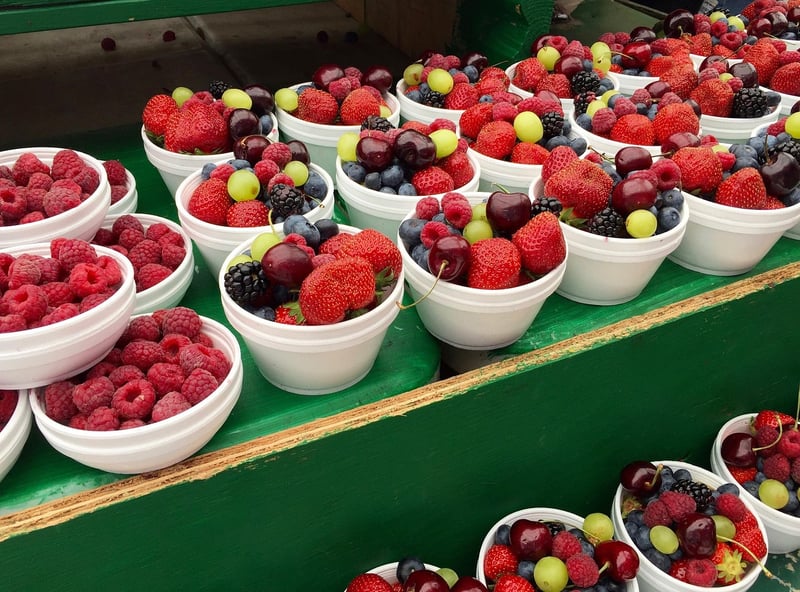Plant-Based Alternatives
Essential Components for a Plant-Based Diet + Plant-Based Alternatives
Introduction
A plant-based diet focuses on consuming predominantly whole, minimally processed plant foods while limiting or excluding animal products. This dietary approach offers numerous health benefits and is environmentally sustainable. Let's explore the essential components of a plant-based diet and find some plant-based alternatives to common animal-based ingredients.
1. Fruits and Vegetables
Rich in vitamins, minerals, and antioxidants, fruits and vegetables are the cornerstone of a plant-based diet. Aim to include a variety of colors to ensure a diverse nutrient intake.

2. Whole Grains
Whole grains like quinoa, brown rice, and oats provide fiber, B vitamins, and essential minerals. They are excellent alternatives to refined grains.
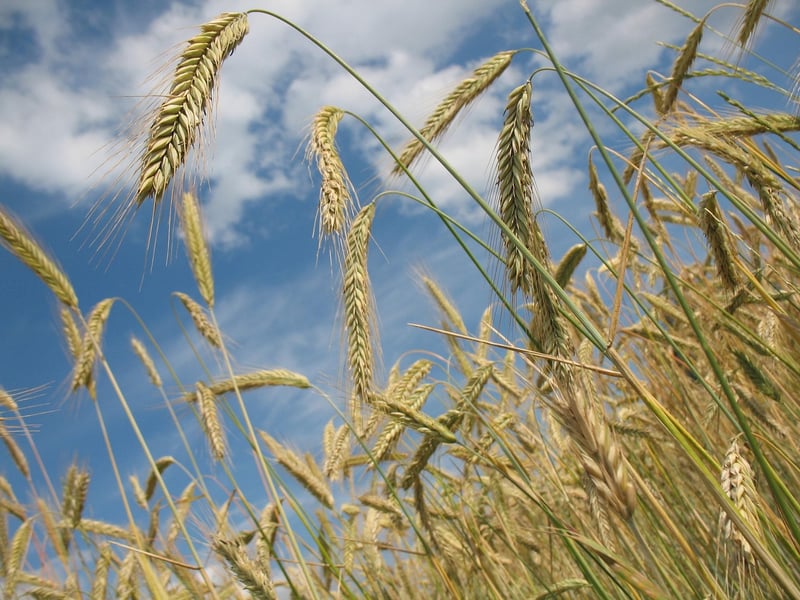
3. Legumes
Beans, lentils, and chickpeas are rich sources of plant-based protein, fiber, and iron. They can be used in various dishes as a replacement for meat.
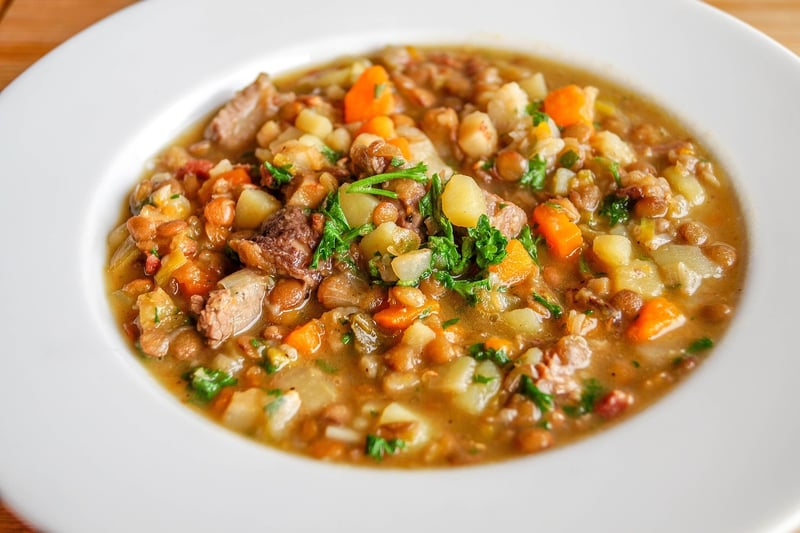
4. Nuts and Seeds
Almonds, chia seeds, and flaxseeds offer healthy fats, protein, and micronutrients. They make great additions to salads, smoothies, and snacks.
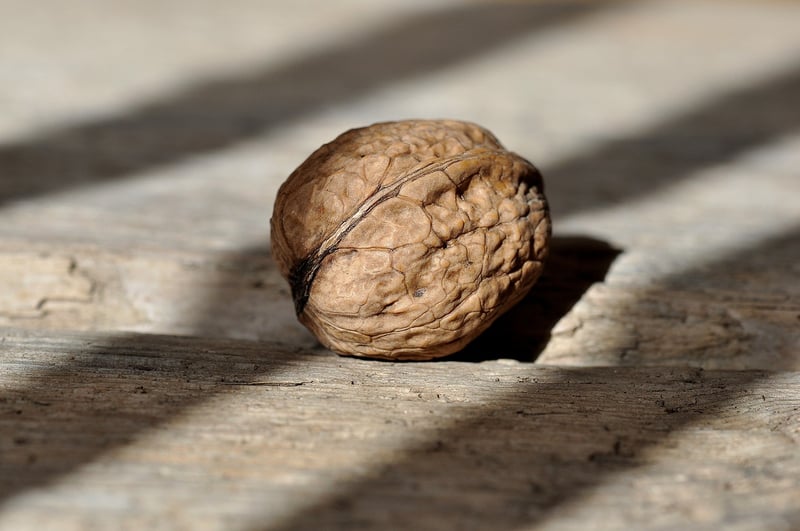
5. Plant-Based Protein Sources
Tofu, tempeh, and seitan are versatile plant-based protein options that can be used in place of meat in various recipes.

6. Plant-Based Milk Alternatives
Replace dairy milk with plant-based alternatives like almond milk, soy milk, or oat milk. These options are often fortified with vitamins and minerals.
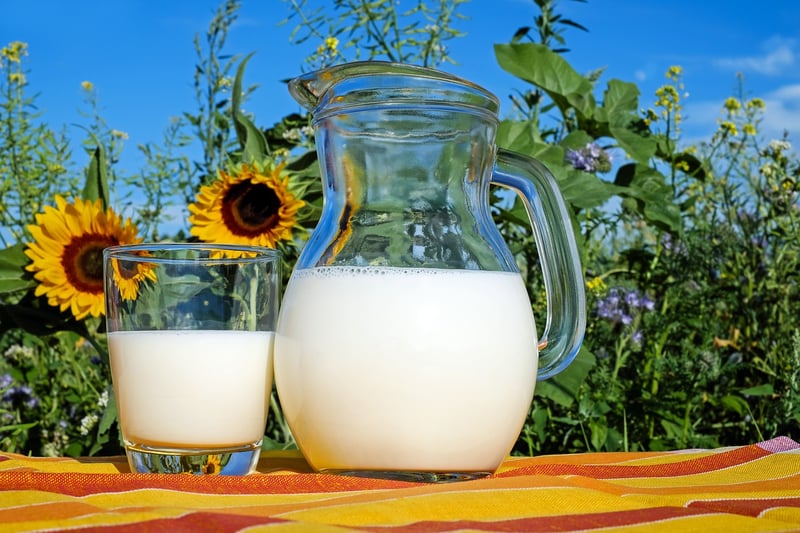
Conclusion
Embracing a plant-based diet can enhance your overall health and contribute positively to the environment. By incorporating these essential components and plant-based alternatives into your meals, you can enjoy a diverse, nutritious, and delicious eating pattern.
